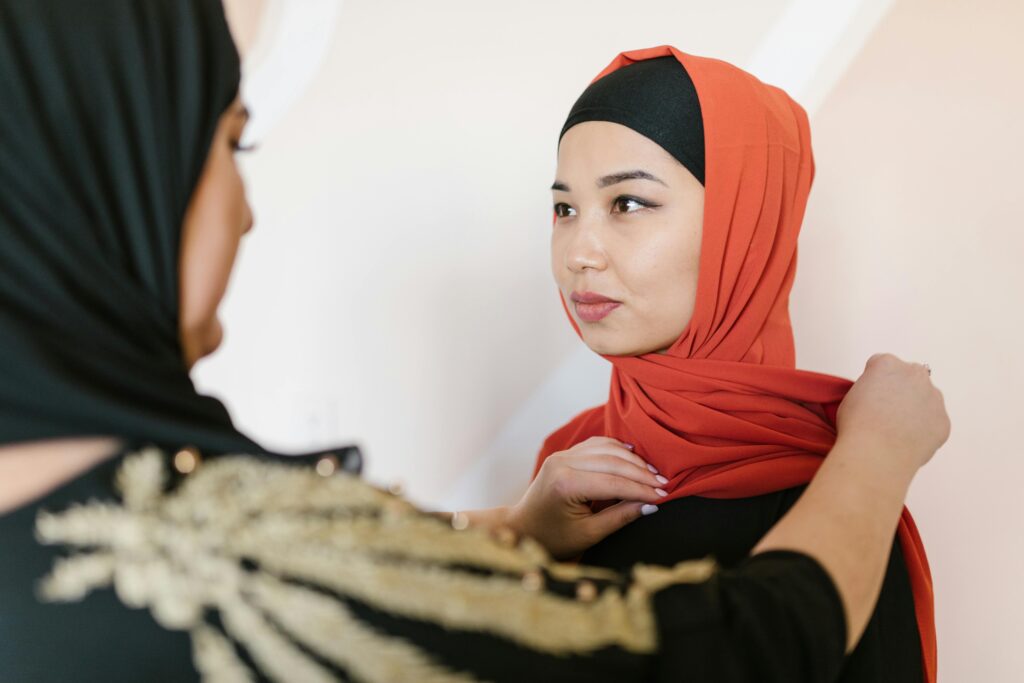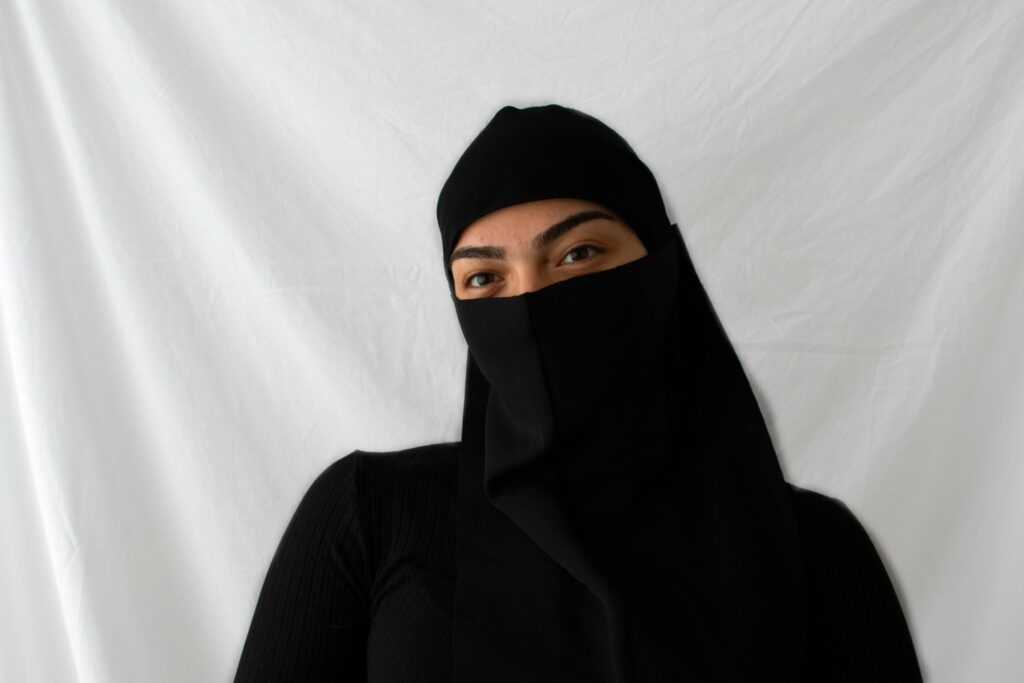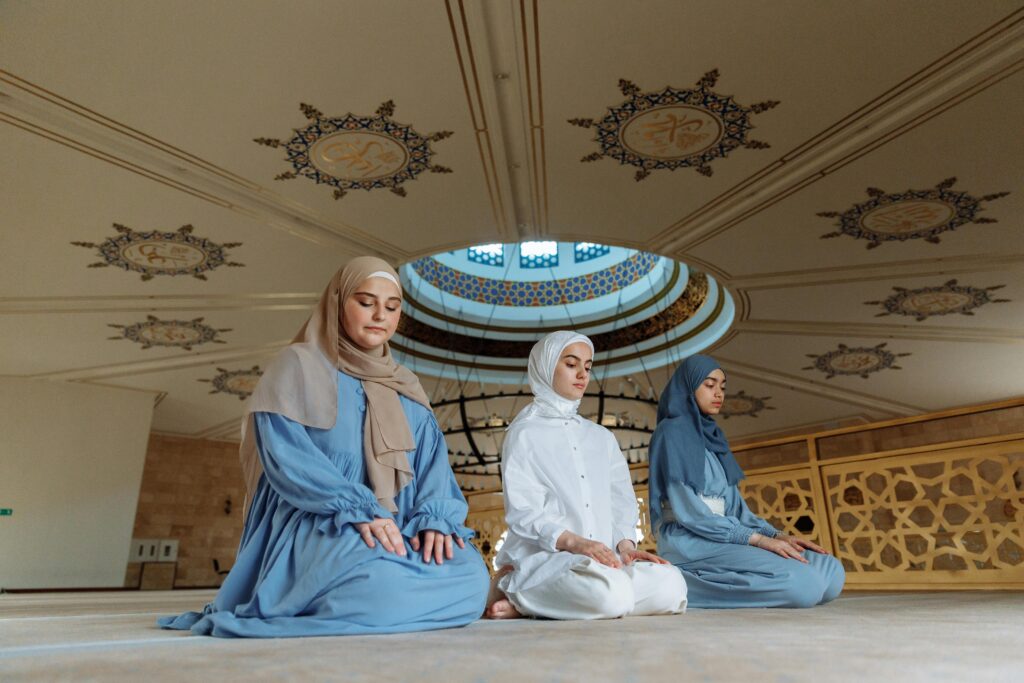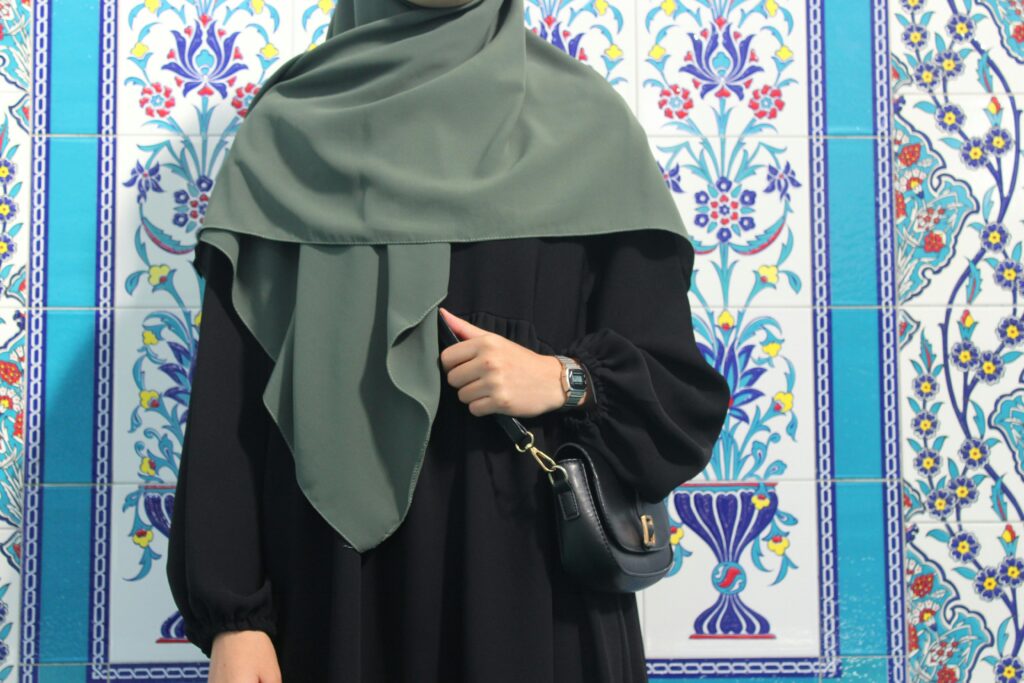Curious about the role of Muslim women in Islam? This friendly how-to guide explains women’s rights, roles, and dignity in Islam from a personal and spiritual point of view.
H2: Why I Chose to Learn About Women in Islam

When I first started studying Islam deeply, I was confused about what it truly says about women. So many opinions were floating around, and most of them didn’t match what I felt inside. That’s when I made a decision to learn about Islam for women from the original sources—the Qur’an, Hadith, and authentic scholars. What I discovered changed my view of Islam forever and helped me understand the real role of Muslim women in Islam.
H2: Step 1—Read the Qur’an with Open Eyes
The first thing I did was open the Qur’an. I started noticing verses that spoke about women’s spiritual equality with men. One verse that touched me was Surah Al-Ahzab (33:35), where both believing men and women are promised the same rewards. I realized Islam for women is not a side story—it’s a main chapter. The role of Muslim women in Islam begins with faith and sincerity, just like our brothers in faith.
H2: Step 2—Explore the Lives of Women Around the Prophet
Learning about Khadijah (RA), the first woman to embrace Islam, opened my eyes. She was a businesswoman, independent, and strong. Aisha (RA), the Prophet’s wife, was a scholar who taught thousands. These women showed me that the role of Muslim women in Islam has always been strong, not silent. Islam for women has always encouraged knowledge, strength, and contribution, not isolation or shame. Their lives continue to inspire me every single day.
H3: Real Quotes that Shaped My Understanding
- “The best of you are those who are best to their women.” – Prophet Muhammad (PBUH)
- “Paradise lies beneath the feet of your mother.” – Prophet Muhammad (PBUH)
- “Seek knowledge from the cradle to the grave.” – Prophet Muhammad (PBUH)
These quotes reminded me that Islam for women is full of wisdom and love. These words taught me that the role of Muslim women in Islam is based on compassion and respect.
H2: Step 3—Understand Your Rights in Islam
I didn’t know until recently that I had so many rights under Islamic law. Here’s a quick look at what I learned:
| Right | Islamic View |
|---|---|
| Right to education | Women are required to seek knowledge, just like men. |
| Right to inheritance | Women receive a share of inheritance as stated in the Qur’an. |
| Right to own property | A woman’s wealth is fully hers—even after marriage. |
| Right to choose marriage | A woman must consent before any marriage can happen. |
| Right to divorce | Women can initiate divorce through khula if the marriage is harmful. |
| Right to work | Women can work, run businesses, and hold leadership roles within limits. |
These rights made me realize that Islam for women is empowering and just. The role of Muslim women in Islam is active, not passive.
H2: Step 4—Know the Power of Your Family Role

One of the most important lessons I learned was how highly Islam honors women in their family roles. Whether we’re daughters, mothers, or wives, we are valued. The Prophet (PBUH) said that raising daughters well opens the door to Paradise. That gave me so much confidence. In Islam for women, being a mother isn’t just a task—it’s a sacred job. The role of Muslim women in Islam includes being nurturers, but never as second-class citizens.
H3: What Marriage Really Means in Islam
In Islam, marriage is a partnership. The Qur’an (30:21) says that Allah created spouses from one another to live in peace and love. I learned that I am not meant to be controlled—I am meant to be cherished. Islam for women ensures kindness from husbands. The role of Muslim women in Islam in marriage is to love, care, and communicate—not to suffer in silence. Love and respect must go both ways.
H2: Step 5—Work, Serve, and Lead with Confidence
I used to think working outside might be frowned upon. But then I learned about women like Rufaidah, who practiced medicine in the Prophet’s time. Women ran markets and supported the community. Today, I work part-time and feel proud to contribute. Islam for women allows this, as long as it’s done with dignity and purpose. The role of Muslim women in Islam includes community service, leadership, and using our skills to benefit others.
H3: My Thoughts on the Hijab

Wearing the hijab was something I chose when I better understood its meaning. It’s not about being controlled—it’s about identity and peace. Islam for women teaches both modesty and self-worth. When I wear it, I feel more connected to my faith. The role of Muslim women in Islam includes practicing modesty, but it’s not just physical—it’s also in speech, behavior, and choices. Hijab is my badge of honor, not my burden.
H2: Step 6—Recognize the Harm of Cultural Confusion
Sadly, many people confuse cultural practices with religion. When a woman is denied her rights or mistreated, it’s usually culture—not Islam. This made me more aware of my own community and what needs to change. Islam for women is rooted in fairness and love. The role of Muslim women in Islam is not to be silent victims but strong, respected individuals. We must separate harmful culture from beautiful faith—and that starts with knowledge.
H3: Changing the Narrative as Muslim Women
I now speak up whenever someone spreads false ideas about Muslim women. Whether online or in daily conversations, I explain what Islam for women really stands for. We are not voiceless. The role of Muslim women in Islam is not limited to the home—we are contributors, thinkers, and leaders. And when one woman speaks truthfully, others find the courage to do the same. That’s how we rewrite the story, with truth and strength.
H2: How I Teach My Daughters About Their Faith

Raising daughters is one of my most important responsibilities. I make sure to teach them that Islam for women is filled with rights, blessings, and purpose. They need to know that the role of Muslim women in Islam is something to be proud of. I use books, stories of female companions, and even cartoons that reflect Islamic values. If I don’t guide them now, the world might misguide them later. Faith begins at home.
H3: Simple Ways to Strengthen Muslim Girls
Here are a few things I do with my daughters:
- Teach them stories of strong Muslim women
- Let them ask questions about Islam
- Help them memorize empowering verses from the Qur’an
- Encourage hobbies like art, reading, and science
- Remind them that modesty is beautiful, not shameful
These habits help them grow strong in their identity and proud of who they are in the light of Islam for women.
Key Takeaways
- Islam for women promotes spiritual, social, and financial rights.
- The role of Muslim women in Islam includes leadership, learning, and family care.
- Women are equal before Allah and have the right to speak, work, and grow.
- The hijab is about dignity and spiritual identity, not oppression.
- Many cultural practices are not part of Islam and must be unlearned.
- Knowledge and education are keys to strengthening Muslim women everywhere.
- Role models from Islamic history continue to inspire and guide us today.
Conclusion: My Life as a Proud Muslim Woman
Today, I live with more purpose and peace than ever before. Understanding Islam for women changed my life. I know now that I am valued, not just for what I do, but for who I am. The role of Muslim women in Islam is rich, diverse, and full of wisdom. We are teachers, mothers, workers, leaders, and worshippers. And we do it all under the mercy of Allah, with strength in our hearts and faith in our steps.


